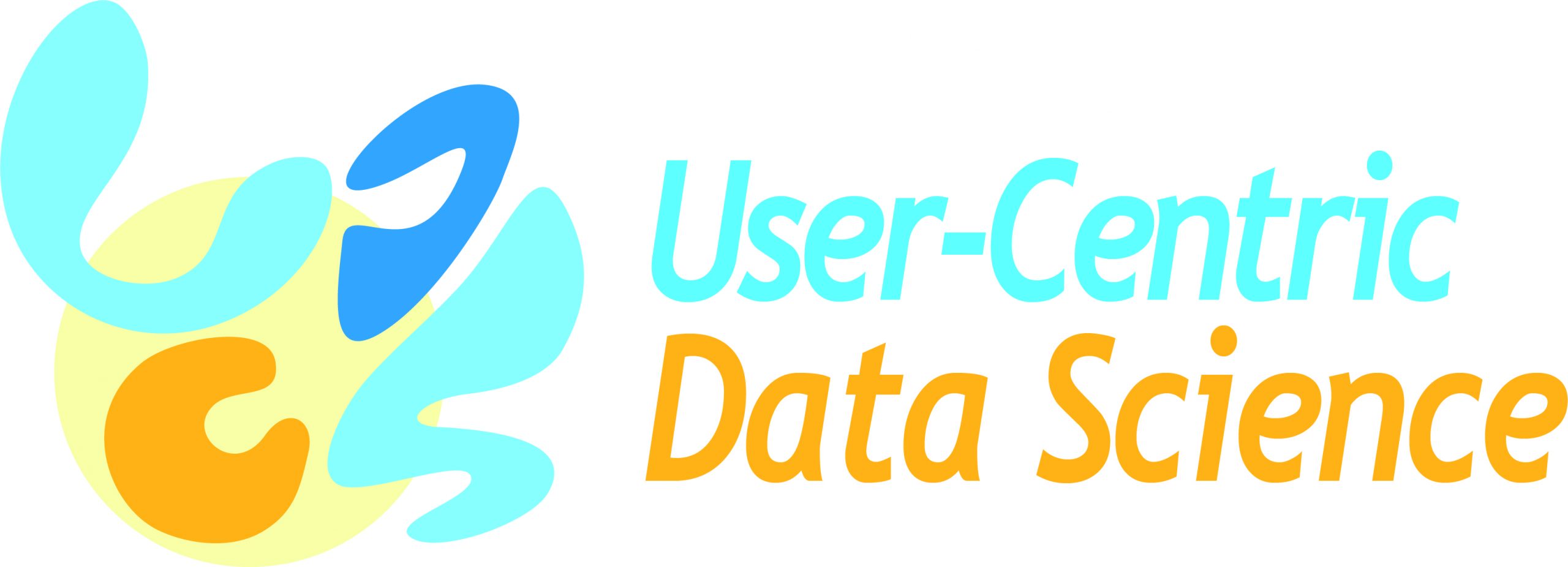We are very proud to announce that this January, the Civic AI Lab [1] was awarded to be part of the UNESCO’s TOP 100 International List of Artificial Intelligence (henceforth: AI) solutions for sustainable development for the benefit of humanity [2].
The TOP 100 was created by the International Research Centre on AI (UNESCO) to celebrate the development of AI-based solutions around the world related to the 17 United Nations Sustainable Development Goals [2]. The Civic AI Lab was granted in the category ‘early-stage project’ as the reviewers see great potential in the research lab which just had its one-year anniversary.
The Civic AI Lab is a research collaboration between the City of Amsterdam, The Dutch Ministry of Interior Affairs, the Vrije Universiteit Amsterdam (VU), and the University of Amsterdam (UvA). The Lab’s mission is to support an engaging society where all citizens have equal opportunity to participate and benefit from AI in a fair and transparent manner.
In this capacity, the Civic AI Lab focuses on the application of AI while respecting human rights such as privacy, non-discrimination, and equal opportunity in five domain-specific projects: education, health, welfare, mobility, and environment as well as, two domain-overarching projects: on the intersection of AI and Law, and on the intersection of AI and Public Governance.
Three of our researchers at UCDS are currently affiliated with the Civic AI Lab. Being part of UNESCO’s TOP 100 alongside projects from all continents is a true acknowledgment of the Lab’s work.
Keep up the good work Civic AI Lab!
[1] https://www.civic-ai.nl/
[2] https://ircai.org/top100/entry/the-civic-ai-lab/
[3] https://ircai.org/



